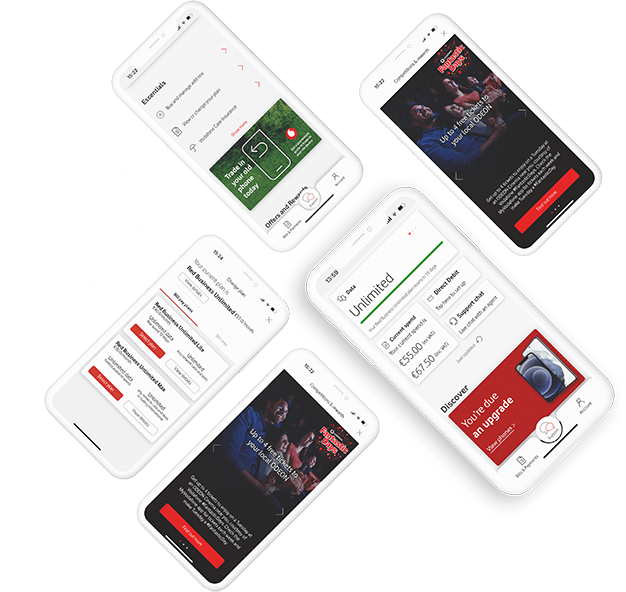

Summary: We investigate all the important factors that you need to consider when choosing the best solution to suit your business.

Are you a start-up working from a temporary office, or maybe a remote worker looking to improve your work infrastructure at home? If so, odds are you’re more than familiar with some of the IT issues that typically get in the way when it comes to doing a good day’s work. And right at the top of the list is quality internet access.
From admin and marketing to communications and promotion, all depend on having access to a fast and reliable internet connection. If you’re lucky enough to be located in a built-up area, then you probably have your choice of broadband providers, but which kind of connection is right for your needs?
It’s possible to get a lot done with a domestic broadband account, but what about Gigabit Broadband, or even Mobile Broadband? How can you know which is the best match for you? The key lies in knowing something about the characteristics of each.
Power Vs. Flexibility
“Fixed broadband has come on enormously and it’s possible to get really respectable speeds from a home connection, but Gigabit is essentially the best of the best. Mobile Broadband on the other hand is exactly what it sounds like – a dedicated internet connection that connects to the mobile network and which you can bring with you,” said Jennifer Hickey, Mobile Broadband Proposition Manager for Vodafone.
“It’s basically a question of power versus flexibility. Gigabit Broadband can deliver truly heroic download speeds of up to 1,000 megabits per second, but it’s a fixed product. So, if you are renting a temporary space and plan to move as you grow, it might not be ideal. Mobile on the other hand runs on our 4G and 5G networks and so is available pretty much anywhere a mobile phone might work.”

Mobile Broadband works like a fixed-line product in that it uses a modem which is delivered to the customer and which they plug into any power point on their premises. It connects to the mobile data network typically used by mobile phones and delivers internet connectivity using Wi-Fi throughout whatever building it is located in.
A challenge for anyone installing a fixed-line broadband connection is that there are several factors that can influence just how fast that connection might be, and it’s often hard to know what speed you will get for sure before it’s actually been installed.
A Reliable Connection From Anywhere
However, anyone with a smartphone can test out the quality of the mobile signal wherever and whenever they want. The actual speeds achievable will depend on the distance to the network broadcast tower but in theory 4G can deliver speeds of up to 100 megabits a second while 5G can go much higher.
“Mobile is ideal for anyone who has trouble getting a good internet connection through other needs. Gigabit delivers fantastic speeds and reliability, but the reality is that it’s not yet available everywhere,” said Hickey.
“However, if you can get data coverage in your location on your phone, then you know in advance that a mobile modem will get the same access.”

So why not just use the hotspot function on your smartphone and tether your devices to that? That’s a great solution to temporary or emergency requirements but it’s not a long-term solution for anyone running a business.
“If you’re using a 4G connection on your phone to a hotspot to your laptop, then that will drain your phone’s batteries faster than usual. In addition, if someone calls your phone while it’s connected to your laptop, it’ll probably drop the connection. If you’re in the middle of an important video call on your laptop, for example, that is less than ideal,” said Hickey.
“So, a dedicated Mobile Broadband connection routed through a modem in your house or premises isn’t really the same as hot spotting. It’s independent of anyone’s phone and is a dedicated connection to which more than one device can connect at a time.”
Fixed Cost
In addition to offering more stability, mobile fixed-cost broadband is a fixed-cost offering with two possible modems available to Vodafone customers under a 12-month contract. The first is 4G capable and can be used in any location where a 4G data signal is available. It is included in the cost of the Mobile Broadband package while the second modem carries a fee of €81.27 ex VAT.
“If a customer is in an area that has access to a 5G data signal - something that can be tested with a smartphone - then they can use this 5G modem to take advantage of faster download speeds and the ability to connect more devices at the same time.”
Want to discover more?

Get in touch
Find out what we can do to help your business reach its full potential.






